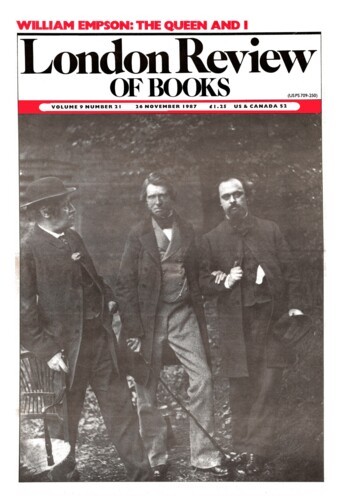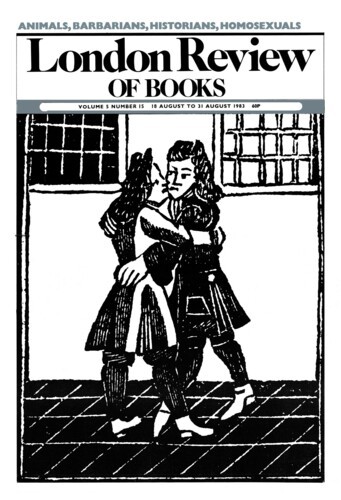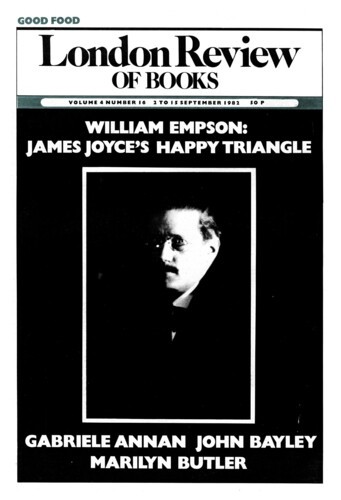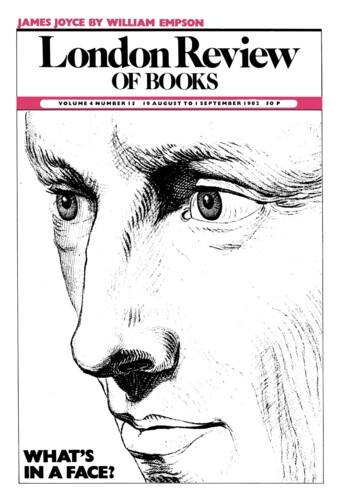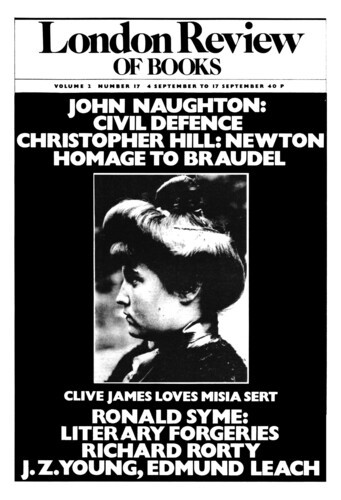The Queen and I
William Empson and John Haffenden, 26 November 1987
On 27 October 1954 the Queen and the Duke of Edinburgh visited the University of Sheffield in order to inaugurate its Jubilee Session. No other reigning sovereign had visited the principal university buildings since King Edward VII opened them in 1905. Six months before the Queen’s visit, the Vice-Chancellor, Professor J.M. Whittaker, put to his recently-appointed Professor of English...
